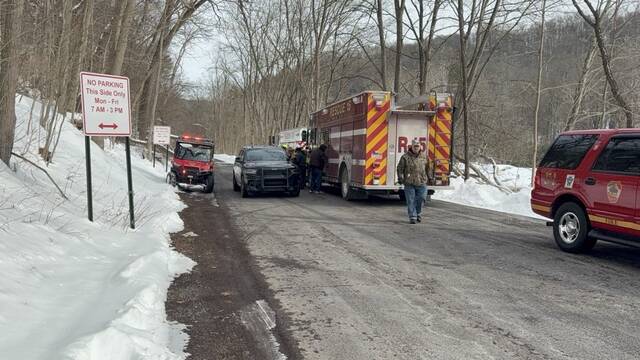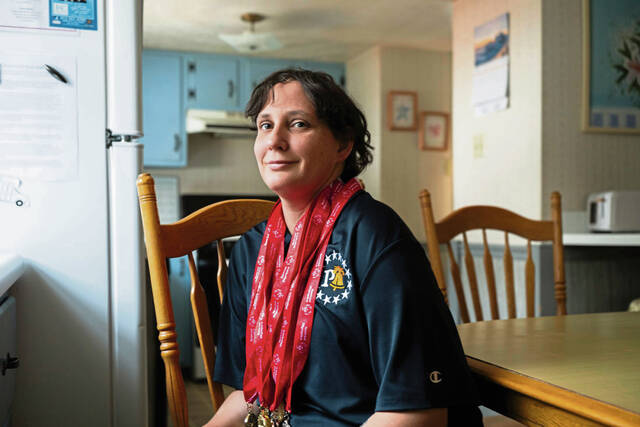New Kensington-Arnold School District administrators and board members are concerned about the number of children who they say have not been participating in school since the district moved all students to remote instruction.
The district started the school year with students receiving instruction fully online or fully in person.
The district closed all of its schools before Thanksgiving, on Nov. 20, because of an increase in covid-19 transmission. Rather than bring students back after the Thanksgiving break, the district announced it would keep its schools closed and students remote through Jan. 13, with a tentative return scheduled for Jan. 14.
Superintendent Jon Banko said only about 50% of students at Valley Junior-Senior High School have been participating regularly in remote classes. About 15% have been participating minimally and 35% are not engaging at all.
At Roy A. Hunt Elementary, housing third through sixth grades, 65% of students are participating, Banko said.
Participation is highest, 80%, among the district’s youngest students, at Martin (pre-kindergarten and kindergarten) and H.D. Berkey (first and second grade) elementary schools.
“We have some students that are participating, but it’s not nearly enough,” Banko said. “I asked the teachers to identify those students because their issues likely are not technology-related.
“Compulsory attendance and student engagement are two different issues. Students can come to school and still do nothing or very little. Our concern right now is student learning. We want to ensure that students are participating in school,” Banko said. “Compulsory attendance laws represent an entirely different perspective. They are a concern, but an area that is being dealt with separately.”
In a classroom, it’s easy for a teacher to see students who are not engaged and pull them into the discussion, Banko said. That’s more difficult when instruction is online, and teachers need to adjust.
In response, Banko said the district will be sending progress reports to parents through the Skyward portal to remind them that students are expected to participate no matter how classes are held.
“Our hope is to get students to engage with school. Our goal is for students to learn — not only the content that is being presented, but also to learn to be responsible for their work,” Banko said.
“There will most certainly be negative consequences for students that are not participating in school — they are not being educated and therefore we cannot justify promoting students that are not taking advantage of the opportunity being provided,” he said, noting students who aren’t participating might be prohibited from participating in extracurricular activities such as sports.
“With that in mind, it is December. We have a lot of time and a lot of people that are here to help our students. If they’ve fallen behind, we want to help get them caught up. We want our students to invest in their learning.”
Jason Moore, a high school history teacher and president of the New Kensington-Arnold Education Association, said teachers have been reaching out to students and parents through messages online, emails and phone calls to get students engaged.
“The data that was provided shows that there is a gap,” he said. “We are committed to working to reaching 100% engagement.”
School board President Tim Beckes said the data Banko presented “points to real problems with participation.”
“As a board, we are greatly concerned about the participation in this new learning environment,” he said. “Our goal is to eliminate any barriers that are present and improve those participation numbers as quickly as possible.”
Asked why students are not participating, Banko said there are many different reasons. At the secondary level, it’s about getting on during the day and following a schedule. At the elementary level, he said it’s tied more to children having access to devices and parents who are working and can’t be home to keep them on task.
Banko noted the Meta Mesh project, which is offering free wireless internet service in New Kensington and Arnold, with a focus on homes with school children. He said the district is working with Meta Mesh on the issue of getting the project’s signal to reach the east side of the district, and other options to make sure students are able to get online.








